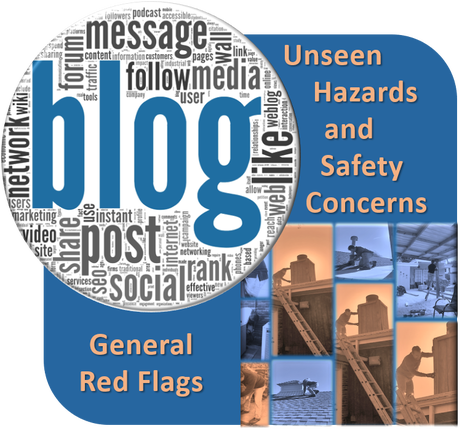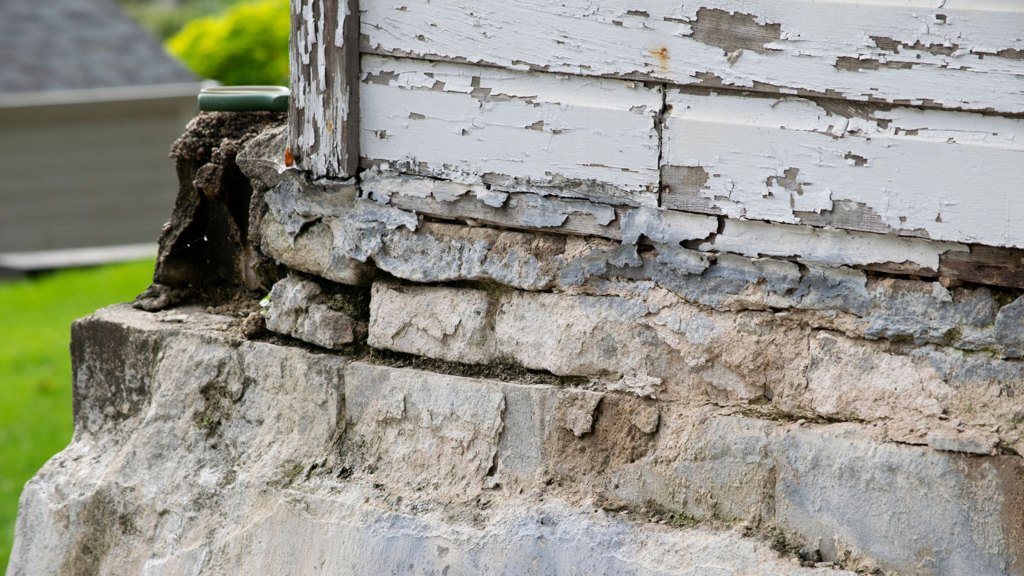What can cause a home sale to fall through on an inspectionWhat can cause a home sale to fall through on an inspection report?
A home inspection is one of the most important aspects of buying a home. Not only does it provide peace of mind, but an inspection can also help save the buyer money if there are major issues that need to be addressed. The inspection is a physical inspection of the property, from the roof down to the foundation. A proper inspection should help the home buyer make a more informed decision on an important financial decision. While there is no such thing as a “perfect” home inspection, there are a few common sticking points among buyers. First, let's go over a few key points about home inspections in Oklahoma. When is an inspection performed, and who pays for it? Home inspections are a normal part of the home buying process. Typically, the potential home buyer will order an inspection to be completed once they’ve identified a home they are interested in purchasing, and their offer has been accepted by the seller. The home inspection period is meant to provide useful information to the buyer before they finalize the purchase. Our standard inspection will cover Appliances, Attic, Electrical Systems, Fireplaces, Foundations, the General Interior and Exterior, HVAC Systems, Plumbing and Roof. In times of a ‘sellers market’, where there is very low inventory, some buyers have waived their inspection entirely in order to secure a home. This can turn into a costly decision especially if there are foundation or other issues with the home that could be expensive to repair. This practice should be avoided if at all possible. Are home inspections required in Oklahoma? Home inspections are not required, however they are highly recommended. Purchasing a home is a major life event and a home inspection can help you make sure you are getting the quality you expect. A home inspection by a certified and licensed home inspector is recommended on brand new homes as well as existing homes. There may be other items in the property that need to be inspected that are not covered by a standard inspection process. Termite inspections, mold, septic and well inspections are common add-ons that may be recommended for your property. Your real estate agent will likely work with you to recommend other inspection needs. Who should attend the inspection? Since the home buyer is the one paying for the inspection, typically the buyer as well as the buyer’s real estate agent can attend the inspection. This allows any questions to be asked and helps the buyer be more comfortable with the overall transaction. Typically the seller & seller’s agent is not present since it can be viewed as a conflict of interest. The purpose of the inspection is to have a neutral third party perform an honest inspection of the property. What happens after the inspection? The completed home inspection report will be sent to whoever requested the service, which is typically the buyer & buyer’s real estate agent. The buying party then puts together a list of requested repairs, and submits that to the seller. This is called the TRR report (short for Treatment, Repairs and Replacements). The TRR is a document outlining what the buyer is requesting to be fixed or replaced based on the inspection report. After the TRR is received, the buyer and seller can negotiate on needed repairs. Once final repairs are complete, a final walk-through should be performed to ensure satisfaction. Depending on the type of needed repairs, you may wish to have an inspector return to confirm the repairs have been completed. Ideally this happens prior to closing day to allow for extra time if needed. What could cause a home sale to fall through? Once the inspection report has been received by the buyer, the buyer could technically “walk away” with their earnest money at this point for anything they’re not comfortable with. However, most people understand that homes aren’t perfect, and there is no such thing as a “perfect” inspection report. Typically the biggest priority for buyers would be anything in the home that could affect their health or safety, such as mold or foundation issues. The age of your HVAC (heating, ventilation and air conditioning) could be a sticking point as well. Even if the unit still works well, once buyers see the age it could raise concern as a major cost down the road and buyers could request concessions. It is important for the seller to disclose any known issues with the home in the original listing that could cause issue or concern. If the buyer discovers major or even minor issues in the inspection report that should have been disclosed, then it could cause doubt about the integrity of the home and could cause the buyer to back out. Issues such as untreated termite damage, known electrical issues, known plumbing issues, water damage, lead paint, fire damage, or other safety issues need to be disclosed. Issues that have been discovered and fixed should be disclosed as well, as this can help the buyer feel more confident that the seller has actively been caring for the property. If the seller is willing to rectify the issues to the buyers satisfaction, then the deal could still go through after some negotiation.
0 Comments
Leave a Reply. |
Mike KnoxI'm a Certified Professional Home Inspector and I would like to share some common home inspection practices as well as some unseen hazards, safety concerns and general red flags that I find on some of my daily home inspections. Archives
September 2023
|
MK Home Inspections* | www.knoxhi.com | (405)-301-5637 | [email protected]
*Owned and operated by Knox Home Inspections, LLC.
*Owned and operated by Knox Home Inspections, LLC.



 RSS Feed
RSS Feed
